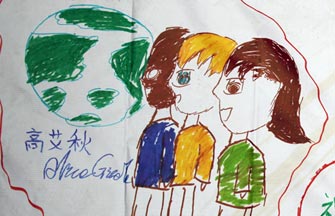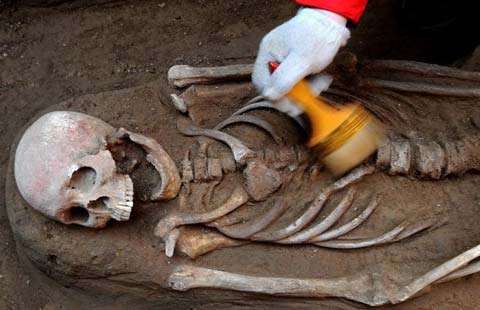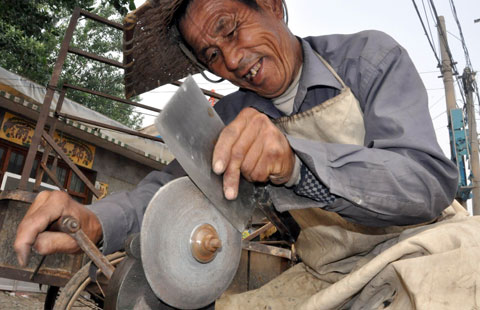More than 50 health-related programs are aired on satellite TV channels every week, with many more on local TV stations, media reports say.
In 2012 alone, 108 listed pharmaceutical companies invested about 6.88 billion yuan ($1.13 billion) in TV programs, with most of the money going to health shows, says Qq.com, a major Chinese website.
BTV's flagship show, Yang Sheng Tang (health classes), registered a high rating and earned more than 43.76 million yuan from advertisements in 2013, the same report adds.
The health programs often have one or more "experts" talking about disease control and remedies, typically in monologues or in conversation with TV anchors and guests who claim to be patients.
Topics vary from show to show, ranging from prevention and treatment of specific diseases, such as diabetes or heart ailments to general advice on how to stay healthy, usually delivered by so-called practitioners of traditional Chinese medicine.
In the past few years, however, a few scandals involving unlicensed practitioners have also broken.
In 2010, for instance, Zhang Wuben, a self-described traditional Chinese nutritionist, became an overnight guru through his food therapy shows on TV, on which he claimed that consuming mung beans and eggplants in large quantities could cure many diseases. But it was later discovered that Zhang's medical qualifications were fake and that his theories weren't based on scientific research.
"Irresponsible health programs provide biased information on medicine and medical devices", and practices that harm people although less noticeable, Zhang Xueliang, director of a training facility under the China Academy of Chinese Medicine Sciences, tells China Daily.
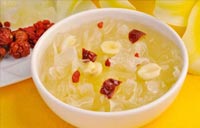

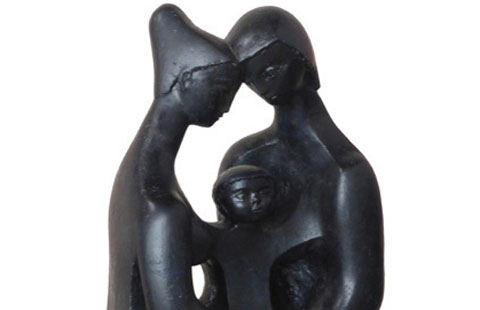
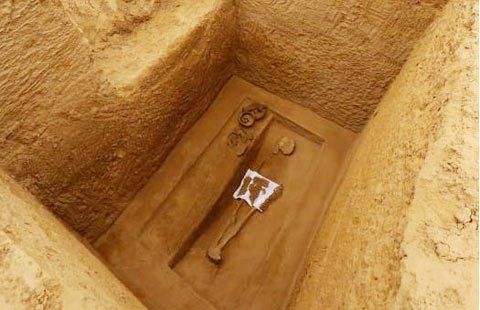
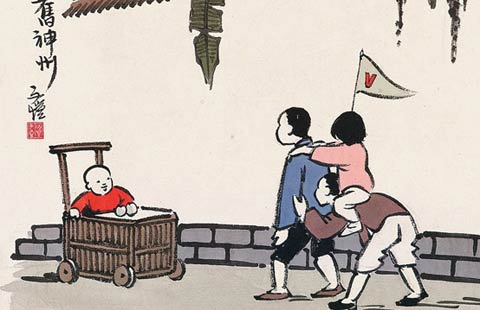

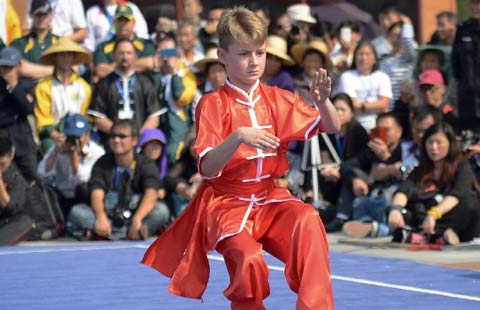
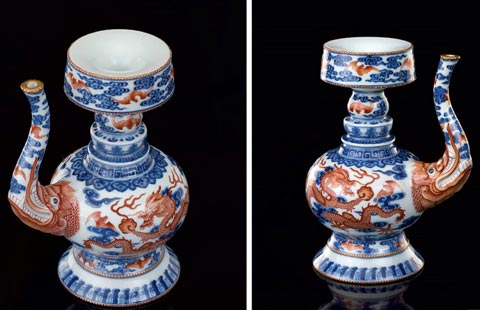

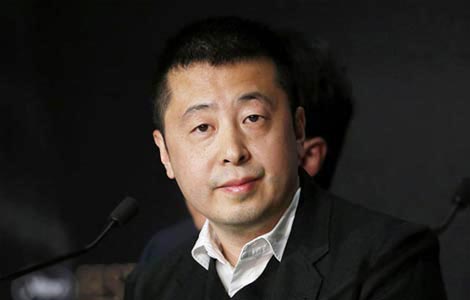









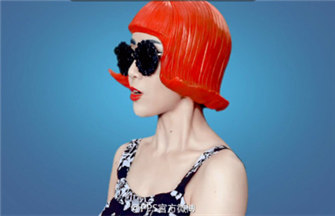

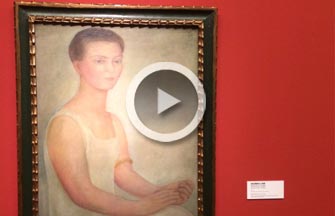


 Raymond Zhou:
Raymond Zhou: Pauline D Loh:
Pauline D Loh: Hot Pot
Hot Pot Eco China
Eco China China Dream
China Dream China Face
China Face
